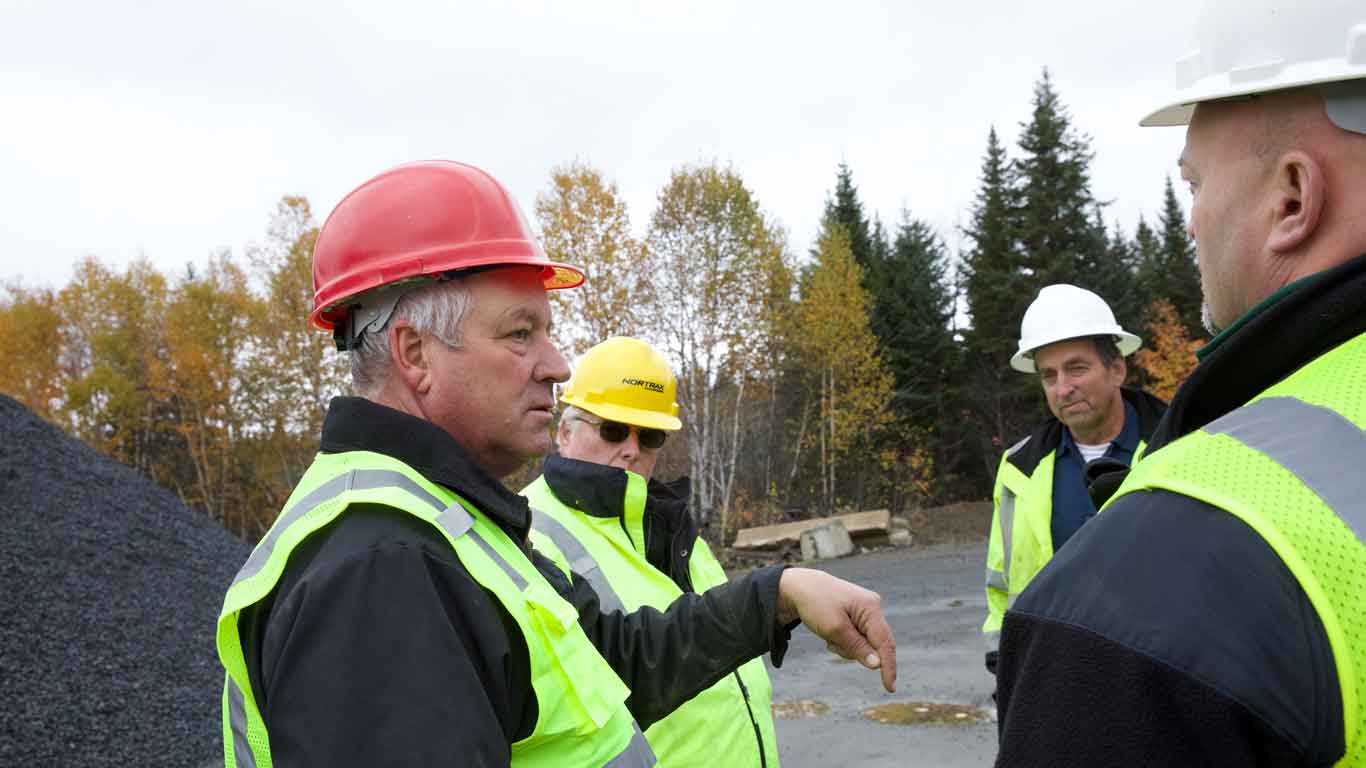

7 Bidding Considerations of Successful Contractors

Everyone knows public bidding is a competitive process, and jobs often go to the lowest bidder. While winning a job can lead to major business opportunities, you want to make sure you aren't sacrificing a positive ROI, quality of work, or both.
To bid projects effectively, you'll need to consider market conditions, your strengths and expertise, and your competitors' rates and specialties. But you also want to make sure you’re not lowballing bids and taking on projects that might not be worth it to your business. To make a project worthwhile, you'll need to estimate realistic costs for all of these inputs:
1. EQUIPMENT
Figure out which machines you'll need to complete a job and how much it will cost to operate each machine, per hour. Make sure to get an estimate on any additional rental equipment you might need. Your equipment dealer can help you calculate these costs and determine the best way to acquire additional equipment if needed.
2. MATERIAL
Itemize all materials you'll need to complete the project. Make sure to add 10 to 15 percent to your estimated price to account for waste and the effort put into acquiring the materials.
3. LABOR
Estimate the time it will take, how many workers you'll need, and the rate for each worker. When you're calculating hours, make sure you account for late starts and early quits, lunch hours, and breaks. In general, it's best to estimate about 1.5 hours for each productive man-hour to ensure you're not coming up short.
4. GENERAL CONDITIONS
Assess the location and conditions of the project. If a project requires a long commute or hazardous situations, you might want to consider passing on what could end up being a money pit.
5. SUBCONTRACTORS
Certain jobs might require you to hire additional, specialized workers to meet client demands. Subcontractors can add value to your service, but remember that they're trying to make a profit too. Make sure you get a detailed estimate of their price structure before you work them into the bid to ensure you don't lose money hiring them.
6. MARKUP
Make sure your bid is enough to cover commissions, supervision, office expenses, insurance, accounting, legal fees, licenses, taxes, and other overhead expenses. Plus, you need to make sure you're left with a reasonable profit.
7. BOND PRICING
In most cases you'll be asked to guarantee your work with a performance bond. Bonding will generally cost about 1 to 3 percent of the overall price of the job, so make sure to consider this cost during the bidding process.
Before you bid, make sure you've covered all of these costs. Careful consideration of your inputs will help you make sure your business is profitable.